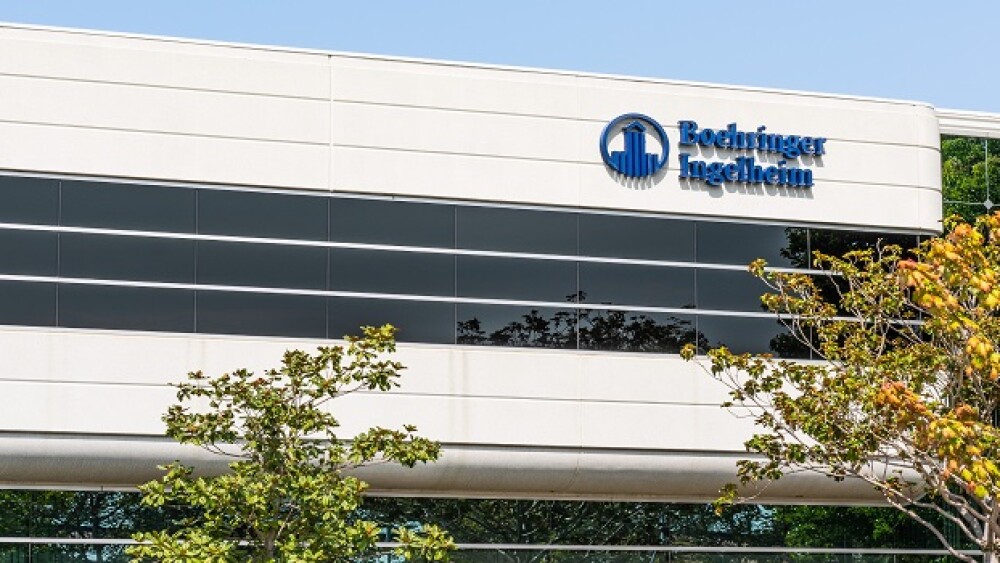- AGB101 is the first investigational therapeutic that targets the reduction of hippocampal overactivity. - The study evaluates both Primary and Secondary Endpoints to measure cognitive and functional efficacy. - Secondary imaging endpoints will include measures of neurodegeneration.
| BALTIMORE, Jan. 17, 2019 /PRNewswire/ -- AgeneBio announced today that it has enrolled its first patient in a Phase 3 clinical trial evaluating the efficacy of AGB101, a once-a-day investigational medication to treat amnestic Mild Cognitive Impairment due to Alzheimer’s Disease (MCI due to AD). The clinical trial, known as “HOPE4MCI” (www.hope4mci.org) will enroll 830 patients in the United States, Canada and Europe.
“We are very excited to have commenced the next phase of development on this novel approach to addressing the looming global public health crisis presented by Alzheimer’s Disease,” said Richard Mohs, Principal Investigator on AgeneBio’s HOPE4MCI clinical trial. “We have been extremely encouraged by the number of people who have expressed interest in participating in this trial.” Accumulated scientific evidence in the field has demonstrated that neural overactivity drives both amyloid and tau pathophysiology in the brain. The HOPE4MCI study builds on an earlier Phase 2 clinical trial[1] that evaluated the efficacy of AGB101 on reducing hippocampal overactivity and on improving episodic memory, the earliest memory impairment in MCI due to AD. Cognitive and functional efficacy in the HOPE4MCI study will be measured by the Clinical Dementia Ratings Scale – Sum of Boxes (CDR-SB) (primary endpoint), Mini Mental State Exam and Functional Activities Questionnaire (MMSE, FAQ). The HOPE4MCI trial also includes a sub-study of specialized imaging to track the pathology in the brain throughout the trial. Secondary imaging endpoints include measures of neurodegeneration (structural MRI, Tau PET). The use of [18F]MK-6240 scanning for tau, developed by Cerveau Technologies, together with a structural brain analysis developed in collaboration with the Johns Hopkins Center for Imaging Science, will trace the spread of pathology over the length of the clinical protocol and its potential modification by therapeutic treatment. “We are pleased to be at the forefront of a new direction in Alzheimer’s Disease research moving beyond amyloid directed therapeutics to target the neuronal overactivity that drives downstream pathology and memory impairment” said Sharon Rosenzweig-Lipson, Vice President of Research and Development for AgeneBio. “Based on our Phase 2 findings, we are excited about the potential for this novel therapy to provide hope for millions of people who suffer from amnestic mild cognitive impairment due to Alzheimer’s Disease with no approved treatment options.” AgeneBio’s pipeline of therapeutic programs is based on the research of its founder Michela Gallagher, PhD, Krieger-Eisenhower Professor of Psychological and Brain Sciences at Johns Hopkins University. Dr. Gallagher is currently on leave from the university to serve as the CEO of AgeneBio, Inc. as it initiates its Phase 3 clinical trial. About AgeneBio Cautionary Note Regarding Forward-Looking Statements [1] ClinicalTrials.gov. John Hopkins University. (2017, August 21). Levetiracetam and Memory Function in Amnestic Mild Cognitive Impairment (MCI). Identifier NCT01044758. Retrieved from:
SOURCE AgeneBio |





